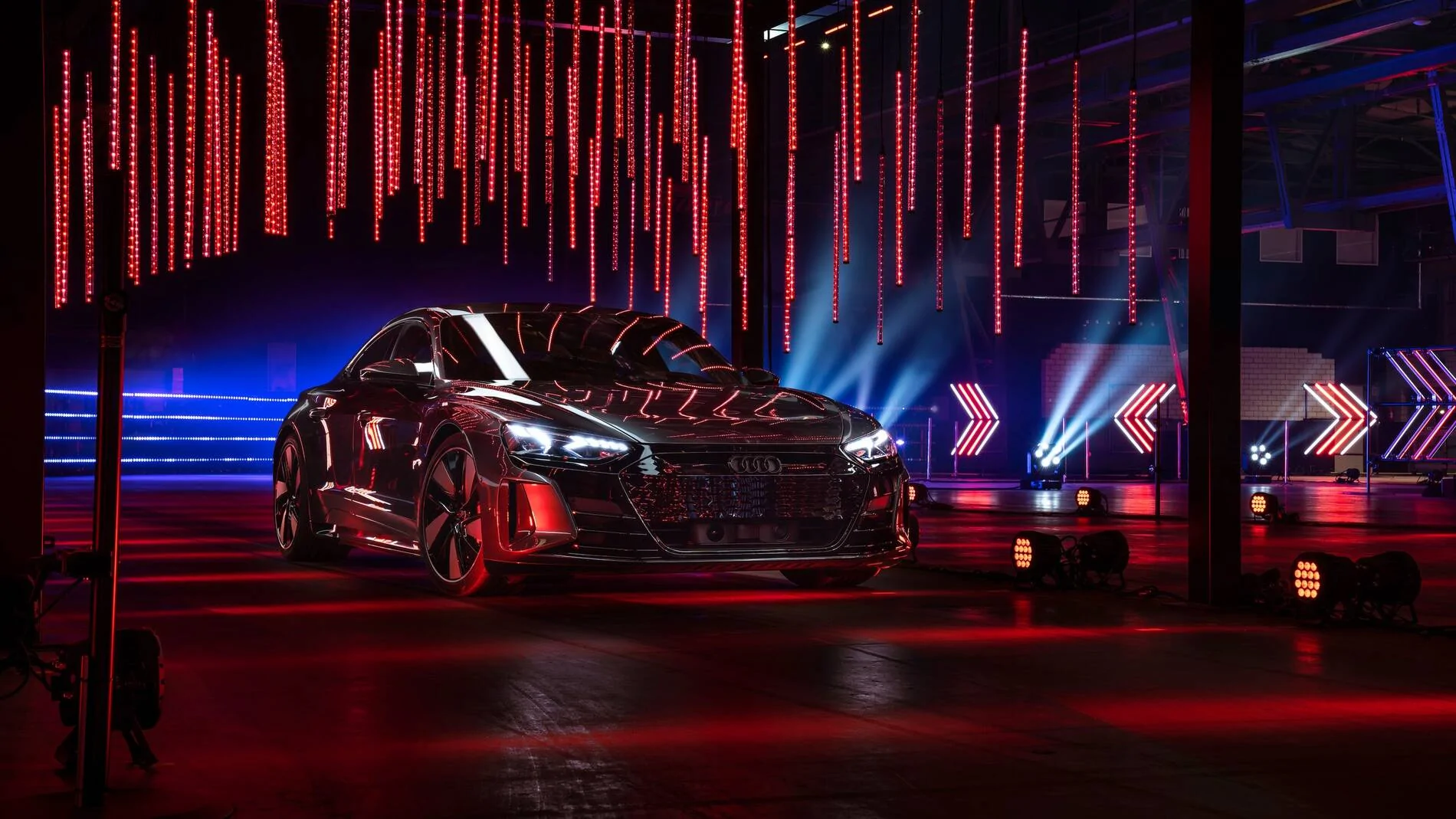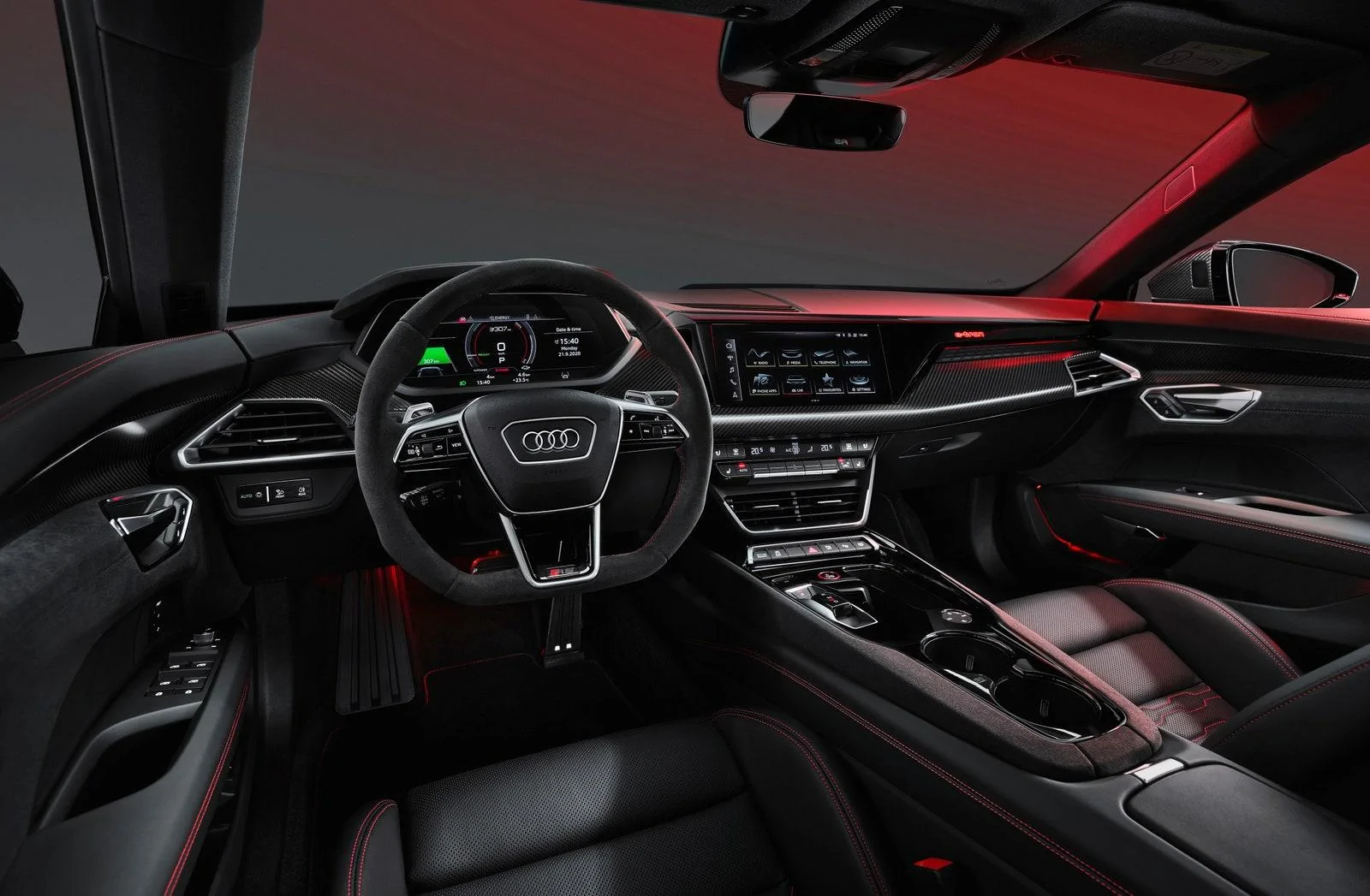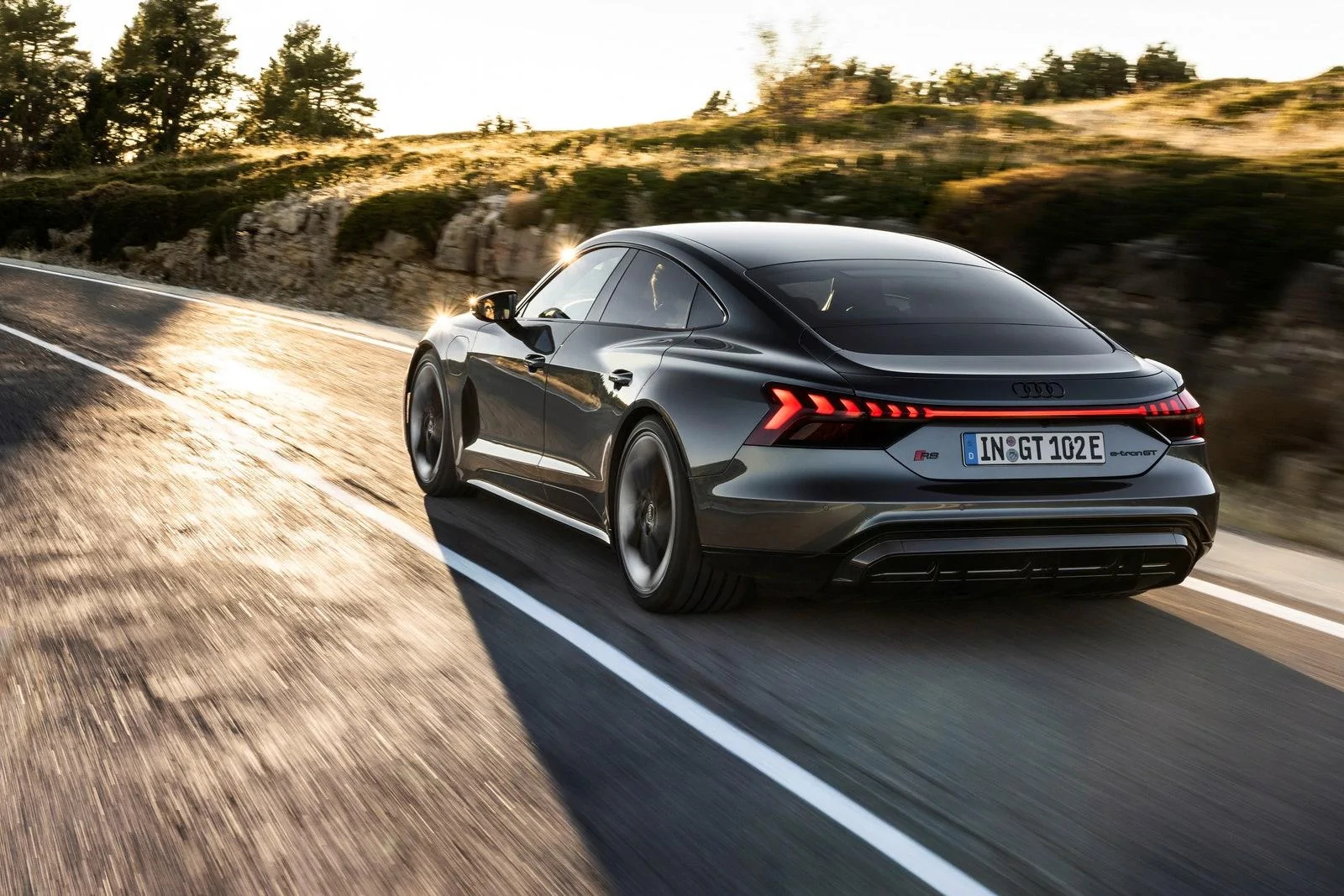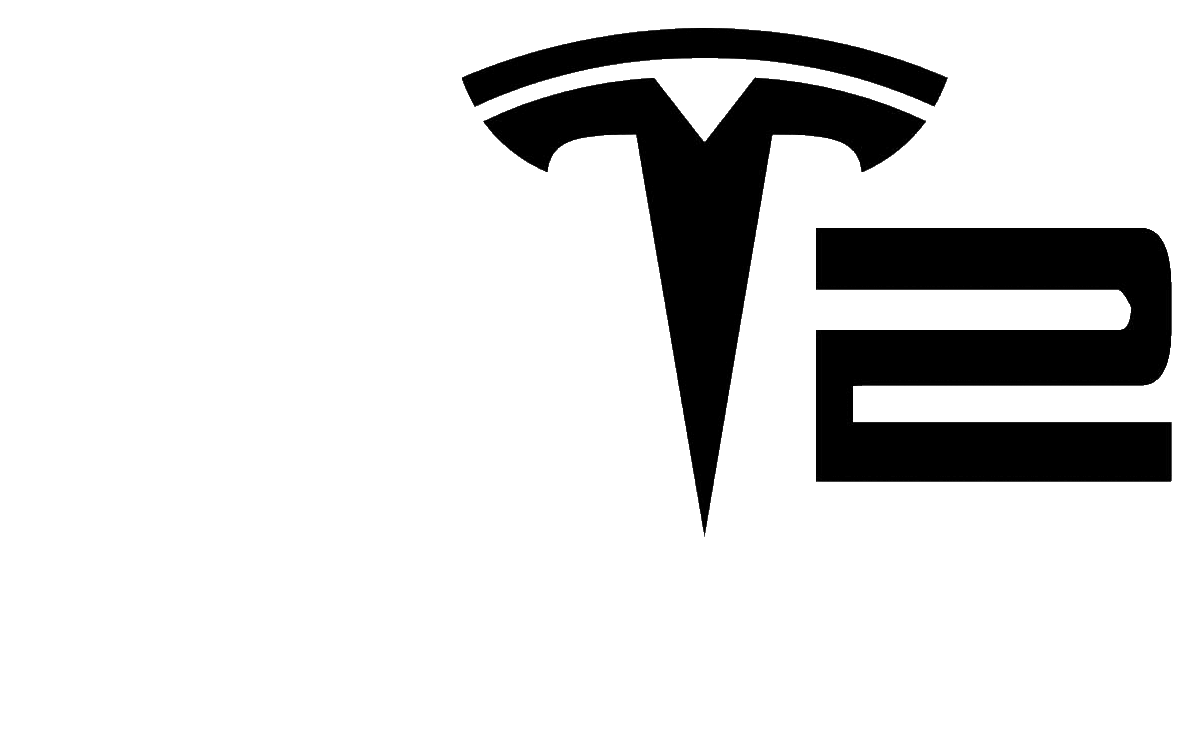TruckElectric
Well-known member
- First Name
- Bryan
- Joined
- Jun 16, 2020
- Threads
- 609
- Messages
- 2,004
- Reaction score
- 1,493
- Location
- Texas
- Vehicles
- Dodge Ram diesel
- Occupation
- Retired
- Thread starter
- #1
AD sits down with Audi’s design director Marc Lichte to discuss all that went into creating the e-tron GT
By Brett Berk
Photography by Audi
February 17, 2021
 According to Marc Lichte, the all-new Audi e-tron GT is the culmination of years of Audi making bold and progressive decisions.
According to Marc Lichte, the all-new Audi e-tron GT is the culmination of years of Audi making bold and progressive decisions.
Audi just unveiled its latest production vehicle, and it’s a stunner. The Audi e-tron GT is a battery-powered, all-electric sports car, with—in top-performing $140,000 RS guise—motors on the front and rear axles capable of producing 637 horsepower. This provides the sporty four-door with the ability to accelerate from zero to 60 m.p.h. in about three seconds. If you’re not quite so aggressive with the go pedal, it should also be able to eke out well over 200 miles of range on a charge.
Expansion of its electric vehicle (EV) lineup—which currently consists of the pedestrian-looking e-tron SUV—is a top priority for Audi, which for years has staked out a position as a forward-thinking luxury brand, quick to embrace new forms and tech. “Fifty years ago, Audi was nothing compared to our main competitors Mercedes and BMW,” says Marc Lichte, the brand’s global design director. “And the reason why Audi became successful was that Audi made some really bold and progressive decisions.” For Lichte, these include universal implementation of the marque’s Quattro four-wheel-drive system, its use of lightweight aluminum in the underpinnings of its cars, and its abidance of advanced aerodynamics, as in the radical Audi 5000 of the 1980s.
Designing an EV—without the constraints of such hard points as an engine, transmission, exhaust system, or gas tank—was liberating for Lichte. “I’ve done with my team more than 100 cars. But e-tron GT is the highlight,” Lichte says. This is because it encompasses many of the elements that car designers often include in concept cars—vehicles meant to foretell an evanescent automotive future. “We like to sketch cars like this: big wheels, short front and rear overhangs, low cabin, long wheelbase,” says Lichte. “This is dream proportions, and this dream became a reality with this package.”
Not that the design was without difficulties: “We wanted to come up with a very low car. But there is this huge battery pack in the floor. So the challenge was to find a technical solution to find space for the rear passengers,” Lichte says. “The solution was that the battery pack isn’t all one layer, like a chocolate bar. It has different layers.” So it is recessed where rear passengers’ feet will go, and is thicker under their seat. This allows the car to be two inches lower than the already sporty Audi A7 sports sedan.

The car is positioned low to the ground and the interior is sporty.
Lichte was able to incorporate many external influences in his design for the new vehicle, including a building he’s sketching for the Bavarian Yacht Club, where he keeps the smaller of his two boats, as well as iconic High Modernist products like Mies van der Rohe’s Barcelona chair. “My philosophy is—when I look at furniture or industrial products—if the combination between function and aesthetic is perfect in harmony, then it is a good product because it will be timeless,” Lichte says.

“We wanted to come up with a very low car. But there is this huge battery pack in the floor,” Marc Lichte says. “The solution was that the battery pack isn’t all one layer, like a chocolate bar. It has different layers.”
The e-tron GT’s design already garnered a celebrity admirer. When Lichte first presented the concept at the 2018 L.A. Auto Show, he was joined by a friend of the brand. “Before the presentation, I got an email from Robert Downey Jr.’s assistant, who said that Robert is really crazy for Audi—not just because we have a professional relationship with him [through the Marvel Avengers movies, in which Audi has a product placement deal] but in private. And he said, ‘Is there a chance to meet the designer behind these cars?’” Lichte says. Audi informed RDJ that Lichte would be in L.A. the following week to present the car. “And Robert said, ‘Cool. What if we both present this car together?’ And we did it.” As the designer recalls, “Of course, he enjoyed the car. We drove it around all day.”
SOURCE: Architectural Digest
By Brett Berk
Photography by Audi
February 17, 2021

Audi just unveiled its latest production vehicle, and it’s a stunner. The Audi e-tron GT is a battery-powered, all-electric sports car, with—in top-performing $140,000 RS guise—motors on the front and rear axles capable of producing 637 horsepower. This provides the sporty four-door with the ability to accelerate from zero to 60 m.p.h. in about three seconds. If you’re not quite so aggressive with the go pedal, it should also be able to eke out well over 200 miles of range on a charge.
Expansion of its electric vehicle (EV) lineup—which currently consists of the pedestrian-looking e-tron SUV—is a top priority for Audi, which for years has staked out a position as a forward-thinking luxury brand, quick to embrace new forms and tech. “Fifty years ago, Audi was nothing compared to our main competitors Mercedes and BMW,” says Marc Lichte, the brand’s global design director. “And the reason why Audi became successful was that Audi made some really bold and progressive decisions.” For Lichte, these include universal implementation of the marque’s Quattro four-wheel-drive system, its use of lightweight aluminum in the underpinnings of its cars, and its abidance of advanced aerodynamics, as in the radical Audi 5000 of the 1980s.
Designing an EV—without the constraints of such hard points as an engine, transmission, exhaust system, or gas tank—was liberating for Lichte. “I’ve done with my team more than 100 cars. But e-tron GT is the highlight,” Lichte says. This is because it encompasses many of the elements that car designers often include in concept cars—vehicles meant to foretell an evanescent automotive future. “We like to sketch cars like this: big wheels, short front and rear overhangs, low cabin, long wheelbase,” says Lichte. “This is dream proportions, and this dream became a reality with this package.”
Not that the design was without difficulties: “We wanted to come up with a very low car. But there is this huge battery pack in the floor. So the challenge was to find a technical solution to find space for the rear passengers,” Lichte says. “The solution was that the battery pack isn’t all one layer, like a chocolate bar. It has different layers.” So it is recessed where rear passengers’ feet will go, and is thicker under their seat. This allows the car to be two inches lower than the already sporty Audi A7 sports sedan.

The car is positioned low to the ground and the interior is sporty.
Lichte was able to incorporate many external influences in his design for the new vehicle, including a building he’s sketching for the Bavarian Yacht Club, where he keeps the smaller of his two boats, as well as iconic High Modernist products like Mies van der Rohe’s Barcelona chair. “My philosophy is—when I look at furniture or industrial products—if the combination between function and aesthetic is perfect in harmony, then it is a good product because it will be timeless,” Lichte says.

“We wanted to come up with a very low car. But there is this huge battery pack in the floor,” Marc Lichte says. “The solution was that the battery pack isn’t all one layer, like a chocolate bar. It has different layers.”
The e-tron GT’s design already garnered a celebrity admirer. When Lichte first presented the concept at the 2018 L.A. Auto Show, he was joined by a friend of the brand. “Before the presentation, I got an email from Robert Downey Jr.’s assistant, who said that Robert is really crazy for Audi—not just because we have a professional relationship with him [through the Marvel Avengers movies, in which Audi has a product placement deal] but in private. And he said, ‘Is there a chance to meet the designer behind these cars?’” Lichte says. Audi informed RDJ that Lichte would be in L.A. the following week to present the car. “And Robert said, ‘Cool. What if we both present this car together?’ And we did it.” As the designer recalls, “Of course, he enjoyed the car. We drove it around all day.”
SOURCE: Architectural Digest
